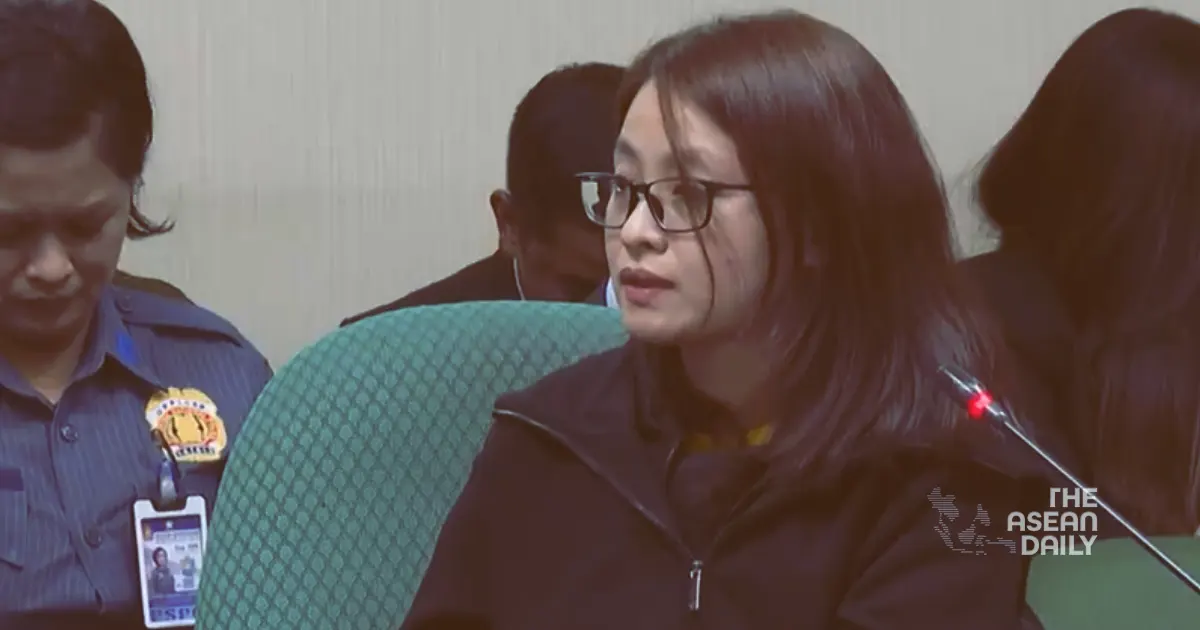20-9-2024 (MANILA) Former Philippine mayor Alice Guo and two individuals previously convicted in Singapore have been named in human trafficking charges filed in the Philippines. The case, which involves allegations of forced labour in a scam operation, has shed light on the complex web of transnational crime in the region.
The Philippines’ Department of Justice (DOJ) filed charges on 17 September against 14 individuals, including Guo, Zhang Ruijin, and Lin Baoying, for qualified human trafficking. The charges stem from a raid conducted in March 2024 on a compound in Bamban, Tarlac, about two hours’ drive from Manila. The operation uncovered a large-scale operation involving hundreds of individuals from various nationalities, including Chinese, Filipino, Vietnamese, Malaysian, Taiwanese, Indonesian, and Rwandan nationals.

Guo, the former mayor of Bamban, has been at the centre of this unfolding scandal. She was arrested in Indonesia on 3 September following her escape from the Philippines in July amidst ongoing investigations into her alleged connections with Chinese criminal syndicates. Reports suggest she spent approximately a month in Singapore during her flight from Philippine authorities.
The involvement of Zhang Ruijin and Lin Baoying adds an international dimension to the case. Both individuals were previously sentenced to 15 months’ imprisonment in Singapore for money laundering and forgery offences. After serving their sentences, they were deported to Cambodia on 15 June. Zhang was subsequently deported from Cambodia on 16 July, though his final destination remains unclear.
The charges filed by the DOJ allege that the accused, including Guo, Zhang, Lin, Philippine national Rachel Joan Malonzo Carreon, and Cypriot national Huang Zhiyang, were involved in the operations of Baofu Land Development, the company that owned the land where the scam centre was located. The firm was incorporated by the accused in 2019.
The case has raised serious questions about the operations of Philippine Offshore Gaming Operators (Pogos) in the country. While Pogos are legally registered and licensed, contributing significantly to the Philippine economy, some lawmakers have alleged that these operations serve as fronts for scam hubs exploiting human trafficking victims.
Guo’s case has taken on additional complexity as she faces scrutiny over her citizenship status. Senators have accused her of fabricating her birth certificate and other records to conceal her Chinese nationality, which would have disqualified her from holding public office in the Philippines.




